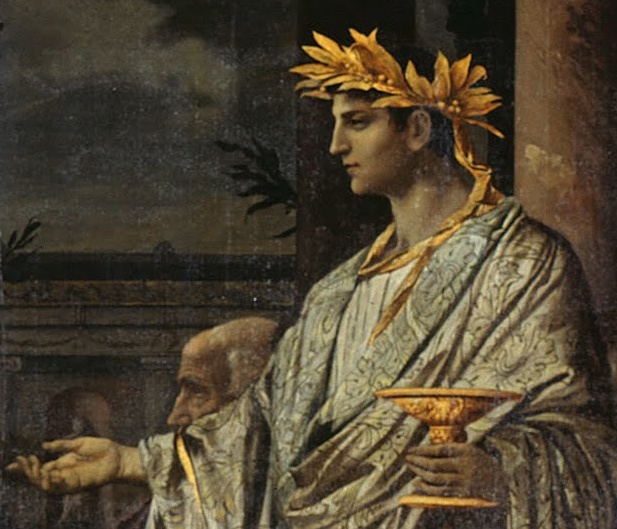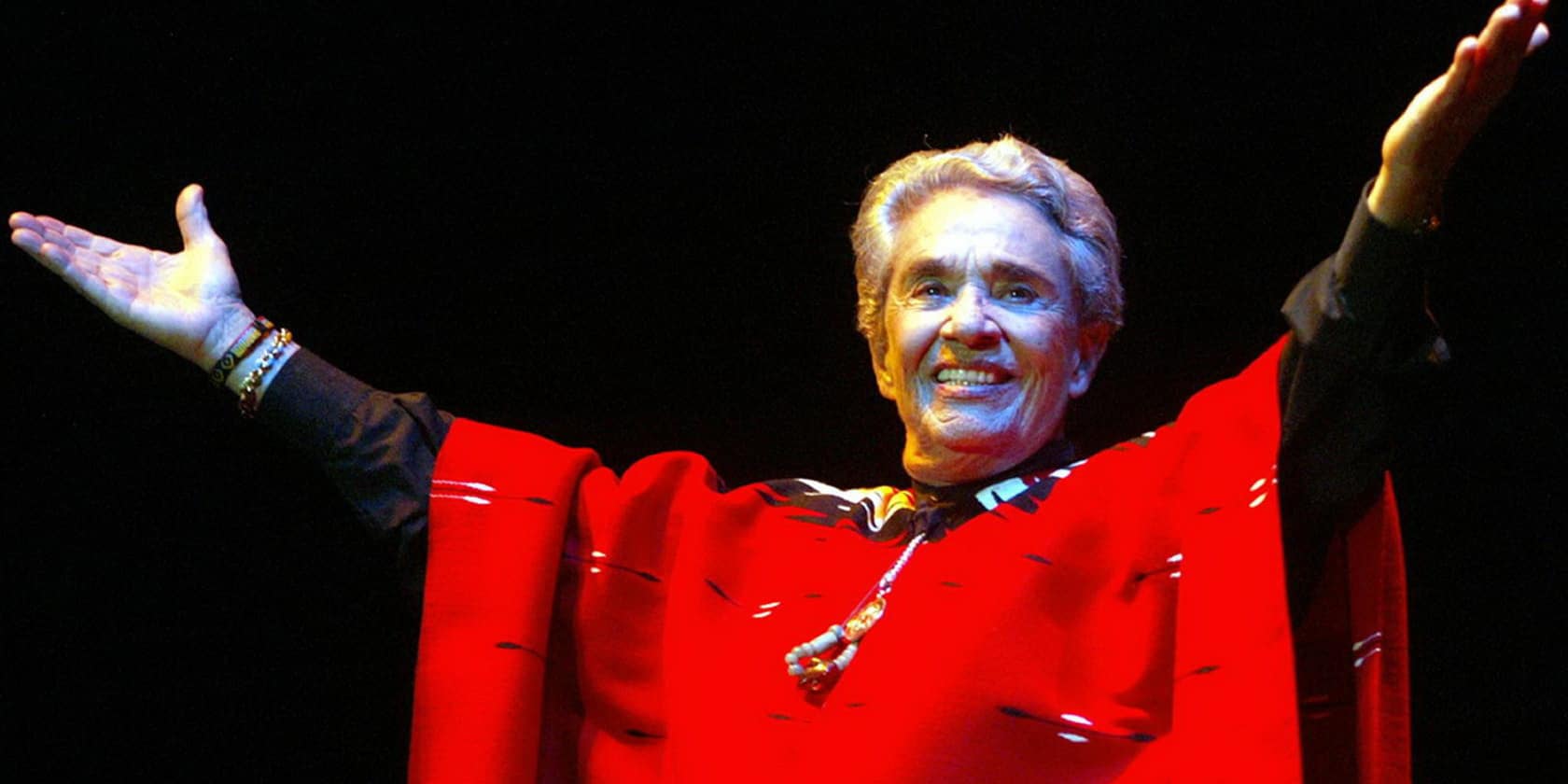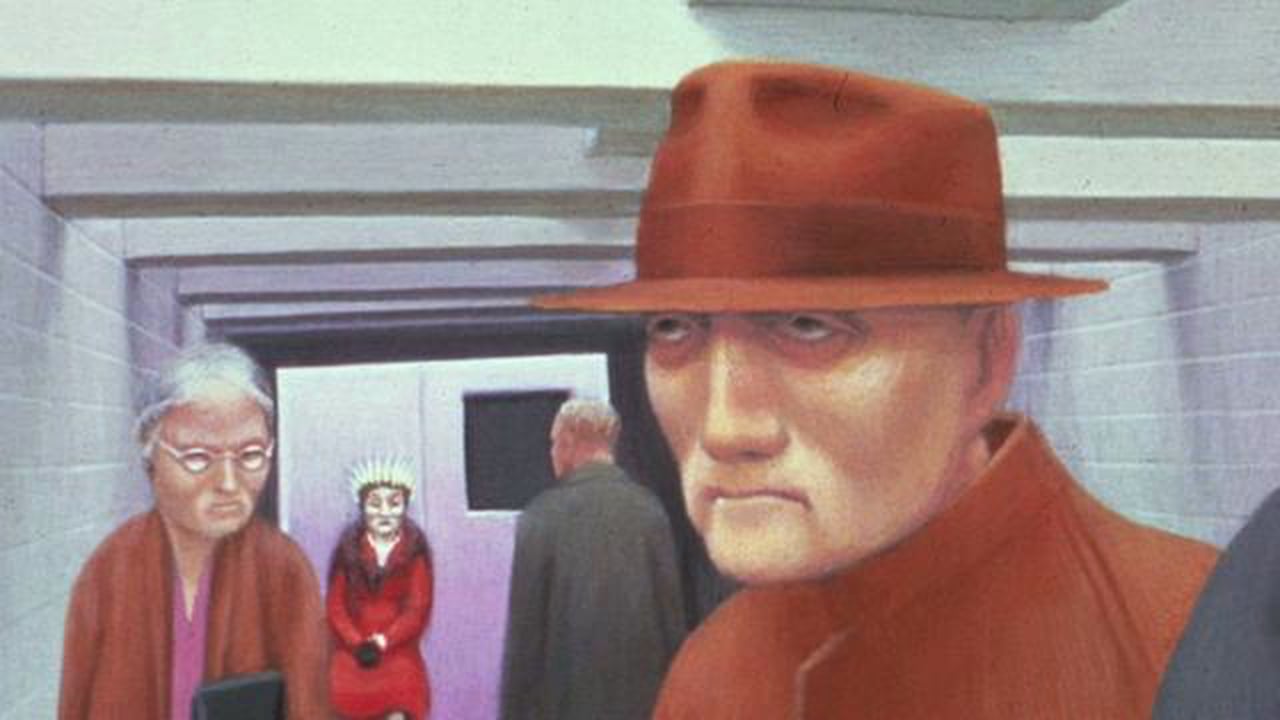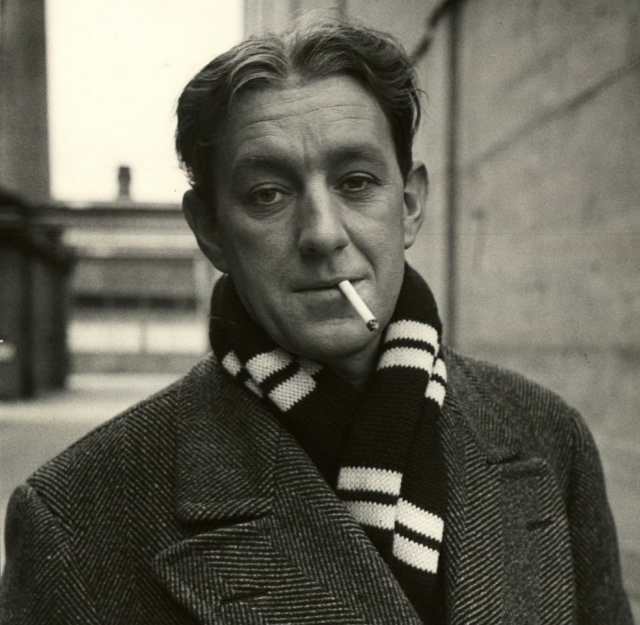|
Gay Wisdom for Daily Living brought to you by White Crane Institute ͏ ͏ ͏ ͏ ͏ ͏ ͏ ͏ ͏ ͏ ͏ ͏ ͏ ͏ ͏ ͏ ͏ ͏ ͏ ͏ ͏ ͏ ͏ ͏ ͏ ͏ ͏ ͏ ͏ ͏ ͏ ͏ ͏ ͏ ͏ ͏ ͏ ͏ ͏ ͏ ͏ ͏ ͏ ͏ ͏ ͏ ͏ ͏ ͏ ͏ ͏ ͏ ͏ ͏ ͏ ͏ ͏ ͏ ͏ ͏ ͏ ͏ ͏ ͏ ͏ ͏ ͏ ͏ ͏ ͏ ͏ ͏ ͏ ͏ ͏ ͏ ͏ ͏ ͏ ͏ ͏ ͏ ͏ ͏ ͏ ͏ ͏ ͏ ͏ ͏ ͏ ͏ ͏ ͏ ͏ ͏ ͏ ͏ ͏ ͏ ͏ ͏ ͏ ͏ ͏ ͏ ͏ ͏ ͏ ͏ ͏ ͏ ͏ ͏ ͏ ͏ ͏ ͏ ͏ ͏ ͏ ͏ ͏ ͏ ͏ ͏ ͏ ͏ ͏ ͏ ͏ ͏ ͏
|
|
||||
| This Day in Gay History | ||||
August 05Born 0450 BCE - AGATHON, Greek dramatist, born (d: 400); Agathon, who was the very first dramatist to write on subjects and characters of his own invention, rather than drawing on mythology, was an Athenian tragic poet and friend of Euripides and Plato. He is best known for being mentioned by Aristophanes in his Thesmophoriazusae and for his appearance in Plato's Symposium, which describes the banquet given to celebrate his obtaining a prize for his first tragedy at the Lenaia in 416. He was the long-term (10-15 years) beloved of Pausanias, who also appears in the Symposium and Protagoras. Together with Pausanias he later moved to the court of Archelaus, king of Macedon, who was recruiting playwrights; it is here that he probably died around 402 BC. The picture of Agathon that has survived the centuries is of an exceptionally effeminate man with plucked eyebrows, made-up face, mincing walk and womanish clothing. This, however, is the literary invention of Aristophanes in Thesmophoriazusae, a play that has been freely translated as “Ladies’ Day” because it is, in part, about a particular Athenian festival sacred to women only and to which men were not admitted. In the play Agathon is asked to crash the event because he is the only man in Athens who could be admitted without having to wear a disguise. For his grand entrance, Agathon is rolled out in his bed looking very much like a tarted-up old queen. That his audience laughed suggests that Aristophanes might have been merely exaggerating an accepted truth. 1919 - Isabel Vargas Lizano was born on this date (d: 2012); Better known as CHAVELA VARGAS, was a Costa Rican-born Mexican singer. She was especially known for her rendition of Mexican rancheras, but she is also recognized for her contribution to other genres of popular Latin American music. She has been an influential interpreter in the Americas and Europe, muse to figures such as Pedro Almodovar, hailed for her haunting performances, and called "la voz áspera de la ternura", the rough voice of tenderness. She is featured in many Almodóvar's films, including La Flor de mi Secreto in both song and video. She has said, however, that acting is not her ambition, although she had previously participated in films such as 1967's La Soldadera. Vargas recently appeared in the 2002 Julie Taymor film Frida, singing "La Llorona" (The Weeping Woman). Her classic "Paloma Negra" (Black Dove) was also included in the soundtrack of the film. Vargas herself, as a young woman, was alleged to have had an affair with Frida Kahlo, during Kahlo's marriage to muralist Diego Rivera. She also appeared in Alejandro Gonzalez Inarritu's Babel, singing "Tú me acostumbraste" (You Got Me Used To), a bolero of Frank Dominguez. Joaquin Sabina’s song "Por el Boulevar de los Sueños Rotos" ("Down the Boulevard of Broken Dreams") is dedicated to Vargas. Her heavy drinking and raucous life took their toll, and she vanished from public life in the 1970s. Submerged in an alcoholic haze, she said, she was taken in by an Indian family who nursed her back to health without knowing who she was. In 2003, she told The New York Times that she had not had a drink in twenty-five years. In the early 1990s she began singing again at El Habito, the bohemian Mexico City nightclub. From there her career took off again, with performances in Latin America, Europe and the United States. At 81, she announced that she was a Lesbian. “Nobody taught me to be like this,” she told the Spanish newspaper El País in 2000. “I was born this way. Since I opened my eyes to the world, I have never slept with a man. Never. Just imagine what purity. I have nothing to be ashamed of.” On the eve of her Carnegie Hall debut in 2003, she looked back on how her singing had changed over her career. “The years take you to a different feeling than when you were 30,” she said in an interview with The Times. “I feel differently, I interpret differently, more toward the mystical.” Instead of holding a traditional Mexican wake, friends, fans and musicians gathered on Monday evening for a musical tribute at Plaza Garibaldi in Mexico City, where Ms. Vargas had spent many a night drinking with Mr. Jiménez. 1920 - American painter GEORGE TOOKER was born, nee George Clair Tooker, Jr. (d: 2011); Tooker was a figurative painter associated with the Magic Realism movement and with the Social Realism movement as well. He was one of nine recipients of the National Medal of Arts during 2007. In 1943 he began studying at the Art Students League of New York. Reginald Marsh and Kenneth Hayes Miller were two of his teachers at the ASL. Early in his career Tooker was often compared with other painters such as Andrew Wyeth, Edward Hopper and his friends Jared French and Paul Cadmus who introduced him to working with the then-revitalized tradition of egg-tempera. Tooker addressed issues of modern-day alienation with subtly eerie and often visually literal depictions of social withdrawal and isolation. Subway (1950; Whitney Museum of American Art, NYC) and Government Bureau (1956; Metropolitan Museum of Art) are two of his best-known paintings. With his life partner, William Christopher, Tooker moved into a loft on West 18th Street in Manhattan, making custom furniture to supplement his art income. By the late 1940s he had developed his mature style and settled on the themes that would engage him for the rest of his life: love, death, sex, grief, aging, alienation and faith. Working in rural Vermont after 1960, he produced two to four paintings a year. In true “interpretor” and “jester” same-sex, archetypical form, Tooker’s magical images were drawn from mundane experiences and transformed into commentary. The bureaucratic shuffle he experienced when trying to get city permits to remodel a house in Brooklyn Heights led to his “Government Bureau” painting. One of his best known works, it depicts disconsolate supplicants being stared at, impassively, by workers behind frosted glass partitions, only their noses and eyes visible. Mr. Williams died in 1973, in Spain, where the two men had been living for six years, plunging Tooker into a spiritual crisis that he resolved by embracing Roman Catholicism. In his later works, he often addressed religions themes, notably in “The Seven Sacraments”, an altarpiece he produced for the church of St Francis of Assisi in Windsor, Vermont. He was elected to the National Academy of Design during 1968 and he is a member of The American Academy of Arts and Letters. During 2007, he was awarded the National Medal of Arts. Tooker lived for many years in Hartland, Vermont. Died 1984 - RICHARD BURTON, British actor, died (b: 1925); Richard Burton…the actor’s actor, a man’s man…well, even a biography of Liz, whom he married not once, but twice, suggested that he probably had an affair with Lawrence Olivier. Burton acknowledged homosexual experiences as a young actor on the London stage in the 1950s. He also suggested that perhaps all actors were latent homosexuals, and "we cover it up with drink". 2000 - SIR ALEC GUINESS, British actor, died (b: 1914); Guinness married the artist, playwright, and actress, Merula Salaman in 1938, and they had a son in 1940, Matthew Guinness, who later became an actor. In his biography Alec Guinness: The Unknown, Garry O'Connor reveals that Guinness was arrested and fined 10 guineas for a homosexual act in a public lavatory in Liverpool in 1946. Guinness avoided publicity by giving his name as Herbert Pocket to both police and court. The name Herbert Pocket was taken from the character in Charles Dickens' Great Expectations that Guinness had played on stage in 1939 and was also about to play in the film adaptation. The incident did not become public knowledge until April 2001, eight months after his death. The authenticity of this incident has been doubted, however, including by Piers Paul Read, Guinness's official biographer, who believes that Guinness was mixed up with John Gielgud, who was infamously arrested for such an act at the same period of time, though Read nonetheless acknowledges Guinness's essential bisexuality. | ||||
|
|8|O|8|O|8|O|8|O|8|O|8|O|8|O|8| Gay Wisdom for Daily Living from White Crane Institute "With the increasing commodification of gay news, views, and culture by powerful corporate interests, having a strong independent voice in our community is all the more important. White Crane is one of the last brave standouts in this bland new world... a triumph over the looming mediocrity of the mainstream Gay world." - Mark Thompson Exploring Gay Wisdom & Culture since 1989! |8|O|8|O|8|O|8|O|8|O|8|O|8|O|8| | ||||
|
|||||
|






